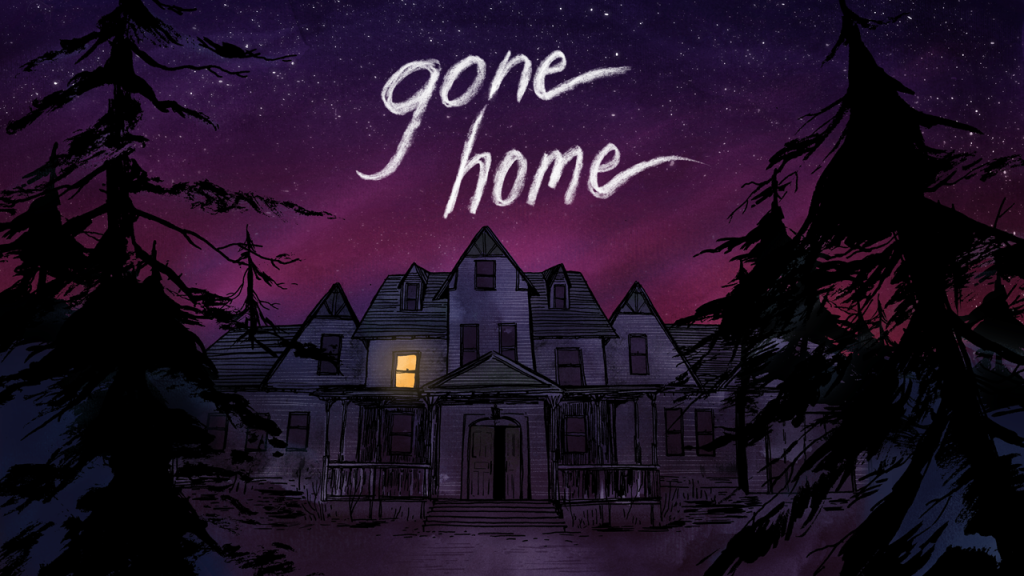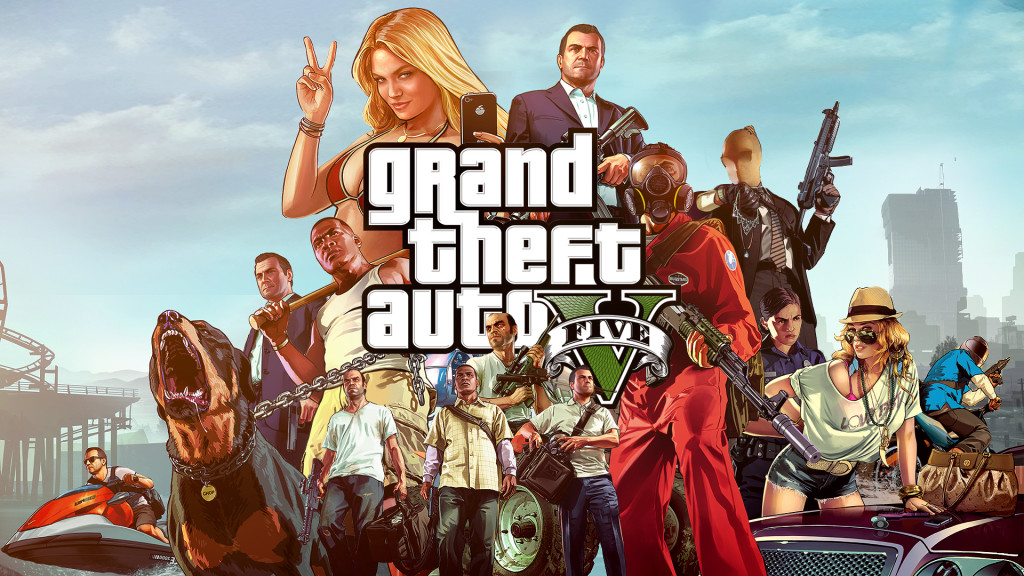Last updated on March 6, 2014
EDIT: Well, apparently Polygon tells me my predictions weren’t too far off.
The artistic temperament is a disease that afflicts amateurs. It is a disease which arises from men not having sufficient power of expression to utter and get rid of the element of art in their being. It is healthful to every sane man to utter the art within him; it is essential to every sane man to get rid of the art within him at all costs. Artists of a large and wholesome vitality get rid of their art easily, as they breathe easily, or perspire easily. But in artists of less force, the thing becomes a pressure, and produces a definite pain, which is called the artistic temperament. Thus, very great artists are able to be ordinary men– men like Shakespeare or Browning. There are many real tragedies of the artistic temperament, tragedies of vanity or violence or fear. But the great tragedy of the artistic temperament is that it cannot produce any art…There can be no stronger manifestation of the man who is a really great artist than the fact that he can dismiss the subject of art; that he can, upon due occasion, wish art at the bottom of the sea…He never threw off from himself that disproportionate accumulation of aestheticism which is the burden of the amateur.
G.K. Chesterton, “On The Wit of Whistler” from Heretics
What do you think of Ken Levine? I think of a problem endemic to modern video games – the overblown, the far-too-obvious, and the “artistic”. In all those things, video games have not equaled the great works of literature, the wonderful world of film, or even more plastic arts. It’s certainly not for lack of trying, but it does come from the constant appeal to “appear” as though something were “art” when it’s not. You can be super smart, academic, and know it all, yet produce nothing. That’s unfortunate, but the divide between knowledge and actions always haunts human endeavor; art just highlights this with a shining bright glare.
Video games appear no different than other “mediums”. Kings, Popes, and government commissioned artworks from a variety of sources for a variety of reasons. That has always been the case, yet our modern situation sits in the throes of a meritocratic tilt. A good video game must sell well, and a bad one poorly – that has always been the way of it. When a publisher, company, or Kickstarter places their trust in you, they expect results and they won’t settle for less.
It might explain a lot of this Irrational Games debacle. The whole Internet explodes over Ken Levine’s announcement. And, of course, there’s the requisite explosion of both wonder and criticism at what just transpired. Either you lie in the camp of “Levine’s new game project could really move the medium forward” or “I can’t believe Levine just laid off more than a hundred people to make Gone Home.” Of course, his own letter’s framed as if he made this decision out of a need for “artistic freedom”, but that’s far from the only player on display.

First, the triple AAA game model isn’t sustainable. Such games cost lots of money, need to appeal to a wide demographic, and (most importantly) must provide enough of a profit margin to make it worth the effort. 2K Games, obviously, will continue the Bioshock brand at least for one more game, since we all know it will fall flat whenever it comes out. Take Two, their overlords, will at least make a quick buck off the franchise, and move on with other projects if necessary. I wouldn’t hold high hopes for the next Bioshock game, in any event, not that I ever liked the series anyway.
In any event, Bioshock holds a lot of money and marketing push behind it. Do the profit margins justify it? From what I can tell, Bioshock Infinite cost somewhere in the $100-200 million dollar range, accounting for game development and marketing push as an aggregate. That, my friends, sounds like a very scary number (if it isn’t higher!) with the hopes of a large number of people at stake. From physical sales, we know that they shipped at least 4 million copies out the door, though this does not account for digital sales. Valve refuses to release their sales numbers, of course, so we hold little knowledge on that front. Let’s just guess that most people on Steam bought it, and move on. So Bioshock Infinite probably made a lot of money, all said.
59.99 USD x 4,000,000 = 240,000,000 dollars (rounded up for my sanity)
At base, then, we work with a profit margin of less than 1.5x what it cost to make. This isn’t exactly a great investment, and while (in the opinions of many) it produced a “work of art”, a company does not care whether or not the game will stand the test of time. Rather, how much money did the corporation produced for its cadre of stockholders? In that respect, I think we can say Bioshock wasn’t exactly the biggest success. Take a cursory look at Take-Two Interactive’s quarterly earnings for the period when Bioshock Infinite’s sales began to wind down. It looks great, right?
Compare, then, to this report in the middle of fiscal year 2014. Grand Theft Auto V, on much the same budget and marketing scheme, totally blows Bioshock Infinite out of the water. Grand Theft Auto V went on further to sell 32 million copies or so, and that doesn’t include the inevitable PC release. Imagine this in the context of a company. Why make games like Bioshock Infinite, when games with similar budgets sell much better? We can include Borderlands, which has continually beat earnings expectations, and Take-Two’s list of sports franchises too – they cost much, much less yet produce a larger profit margin. Bioshock Infinite, with its financial investment and lengthy development cycle, proved a minor success at best.

Believe you me: corporations always look for new ways to make money. In the games market, that “new way” comes in the form of cheap games produced for the purpose of digital distribution. You see this in the reams of Early Access Games from developers major and minor. Consumers turn into beta testers, and a game with good word of mouth (i.e., next to no marketing push) could potentially become a winner. Combine that with the lack of investment for a huge success, and larger game developers want a slice of that pie.
We can take one premier example of this phenomenon: Gone Home. Three people make a game in a house after working on Bioshock 2 DLC. They then earn mountains of critical acclaim and sales (I suspect, though digital sales aren’t really public record). 250,000 copies at, on average, 19.99 USD comes out to around 5,000,000. You tell me whether it cost even a fraction of Bioshock Infinite’s budget for that monetary compensation. Even taking into account that Valve takes 30% off the top of their digital sales, you’re still left with 3,500,000 – not exactly chump change.
And heck, Ken Levine would love to work on a small, digital game that used story as its primary motivator. 2K Games would like nothing more than to cut costs of one of its biggest directors (also by keeping him for public appeal) and still do more than break even; everybody wins. And it doesn’t look like Levine deserves a layoff, and preserves a myth of Bioshock Infinite’s success to investors and consumers alike. Well, except for the people who got laid off. That’s what he does anyway, and so the extra budget doesn’t add nearly as much as you think, nor do the extra employees. Even without that caveat, major directors and developers look to digital distribution as the future – with Cliff Bleszinski claiming he will never make another disc based game, you can count on that. If that’s the way said “auteurs” want to go, companies will happily follow by signing publishing agreements and pocketing the cash. Either you pay them or it may take you some time to board the Steam train.

In sum, then, this move makes all the sense in the world from a financial standpoint. By way of that, though, Levine going this particular route ensures that he will receive a similar level of critical acclaim as Gone Home for his next project. He wants to be the “artist”, and this avenue gives him both indie cred, critical enthusiasm, and possibly money. It’s hard to say whether he even needs money anymore, so the move works on a number of levels to increase his reputation. From a purely self-interested perspective, how does this not make sense?
Of course, the ironic part in this tale arises from Levine’s critical response towards objectivism in Bioshock, and his ability to “let people go” in pursuit of the great man’s artistic vision. I mean, could you find a more perfect paradox of the vicissitudes of human nature?Like a leaf blowing in the wind, suddenly Levine turns into a vicious tool of the free enterprise system – or, at least, a poor press release bludgeoned him into this corner.
Bioshock Infinite may look like a minor financial success, but he sounds, from this article, like Michael Cimino making Heaven’s Gate: a director with no creative control doing whatever he liked. Without any oversight from the top and the assumption of success without planning, without anything resembling coordination, a massively over-budget (and less than profitable) game resulted. Let’s guess that Bioshock Infinite broke even. Sounds more like Levine being forced into this position, doesn’t it? So much for “freedom”, eh? And again, the lay-offs.
What’s the takeaway from this? Well, if you hold the fate of many people under you with lots of funds, than planning might work. And also, you may not want to put an “artist” in charge. Now, I know some can channel the pressure of multi-million dollar success, but Ken Levine obviously couldn’t make it work. Ego got in the way of good game design AND a cohesive narrative. I would call him a man of the “artistic temperament”, and not in a good way. Ideas, ideas, ideas – but no action. Words, words, words – but layoffs and restructuring. A lack of self-control can destroy quite easily, as the Bible says in numerous passages.
Let us hope Levine learns from this and doesn’t place his new staff in jeopardy due to his inability to decide. Learn not to doubt your own convictions 24/7, and you might actually produce something of worth; this applies to you, reader, as well as our subject. James 1 puts it bluntly enough:
6 But he must ask in faith without any doubting, for the one who doubts is like the surf of the sea, driven and tossed by the wind. 7 For that man ought not to expect that he will receive anything from the Lord, 8 being a double-minded man, unstable in all his ways.
